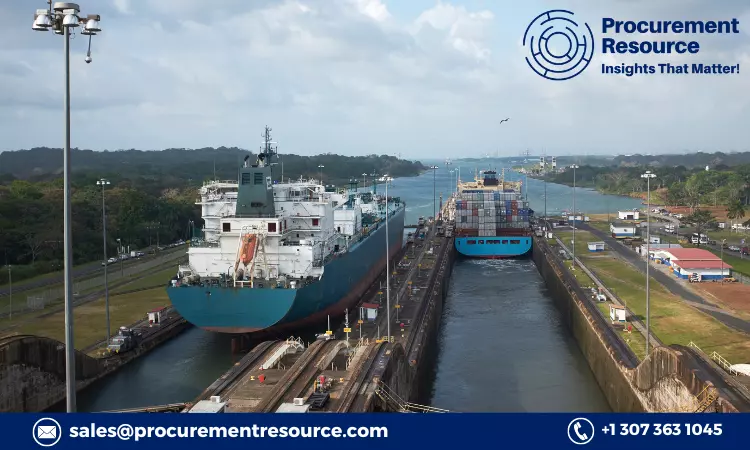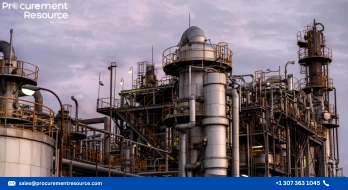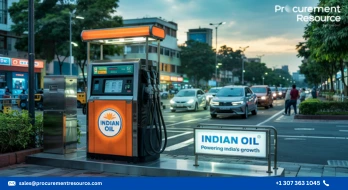Amid Drought, Panama Canal Thronged with 154 Vessels; Situation Might Worsen

The Panama Canal, vital for global maritime trade, is scuffling with extreme congestion due to a persistent drought since spring. To conserve water essential for its operation, the Panama Canal Authority (PCA) implemented measures in late July that have resulted in substantial transit delays. Currently, 154 vessels are waiting to cross, with an average wait time of around 21 days.
In reaction to the drought, the PCA has temporarily cut booking slots for Panamax vessels, the largest ships that can pass through the canal, from 23 to 14 per day between August 8 and August 21. These ships can carry 4,500 twenty-foot equivalent units (TEUs).
This reduction follows a PCA decision effective July 30, 2023, to decrease the daily transit capacity of the canal from 34-36 to 32 vessels. This comprises 10 in the newer Neopanamax locks and 22 in the older Panamax locks.
Of the waiting ships, 38% have confirmed reservations for transit. The remaining 62% must wait their turn after reserved vessels cross.
To help ease the backlog, the PCA is temporarily allowing five ships per day in the Panamax locks to cross on a first-come, first-served basis, though significant delays continue.
Additionally, due to lower water levels, the PCA introduced restrictions in July requiring vessels to be 40% lighter, affecting ships already en route. For instance, the ‘Ever Max’ had to unload 1,400 TEUs at the Port of Balboa to meet the new requirements and is now anchored at the Port of Savannah.
These developments underscore the fragility of this key shipping route and the widespread impact of environmental conditions on global trade.
According to Procurement Resource, the Panama Canal has been grappling with the aftermath of a long-sustained drought that has jammed the canal with over 154 vessels. As a remedial measure, the PCA has effectuated some conditions allowing five ships per day to cross the canal. Moreover, the ships must be significantly lighter and aligned with the decided conditions the PCA sets. The situation has disrupted the entire logistic ecosystem, with 62 % of ships having to wait for their turn.



